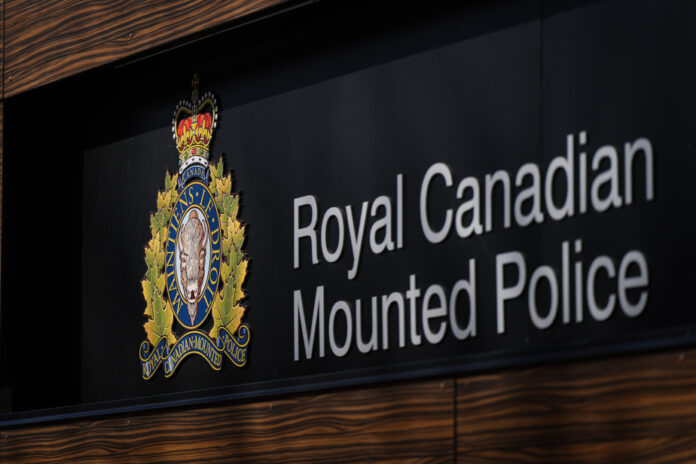(Fredericton) Some municipalities in New Brunswick are being forced to find creative solutions to address the shortage of RCMP officers, a phenomenon that experts say is symbolic of what much of Canada’s small towns are going through.
Residents of McAdam, a historic village of about 1,100 people northwest of Saint John, organized night patrols to compensate for the lack of police presence. Some 200 miles further north, the small town of Tobique Valley hired private security guards for a weekend last year after a spate of thefts.
The shortage of police officers in Tobique Valley is leading to an increase in thefts and vandalism, District Mayor Tom Eagles said in a recent interview.
“They work shifts and there are times when you don’t see them here for days,” Mr. Eagles said of the RCMP officers. I still think we have the best police force in the world. But they work within a broken system. »
The RCMP – in addition to fighting major crimes like terrorism and human trafficking – must provide policing services to approximately 150 municipalities across Canada in eight provinces; Quebec and Ontario have their own provincial police services. But the RCMP is struggling to recruit, and small communities across the country say they are suffering.
“It’s dangerous work. And then the RCMP has recently come under a lot of public criticism,” Michael Boudreau, a criminology professor at St. Thomas University, pointed out in a recent interview. Moreover, the police force was never created to provide rural and small town policing, he claimed.
“It was created as a national police force, but not necessarily to be a rural police force. It was created for things like human trafficking, terrorism, organized crime, but when it comes to day-to-day policing in the field – that was never really the intention of the police force. said Mr. Boudreau.
Labor shortages prevent officers from responding in a timely manner, a problem not only in New Brunswick, but also in Nova Scotia, he said.
The report also says provincial and municipal officials should have more say in RCMP staffing decisions, including the selection of detachment commanders.
Boudreau said the Nova Scotia shooter was able to evade police for as long as he did, in part because he knew the area, unlike some RCMP officers. “The idea of community policing doesn’t work because to do community policing you actually have to be in the community,” he argued.
Meanwhile, in McAdam, residents have installed security cameras on their properties and are making sure to lock bikes and other belongings to deter thieves. Mayor Ken Stannix said that after complaining about the lack of police presence between midnight and 6 a.m. – when most thefts seem to occur – “[the municipality] managed to have an RCMP officer patrol the night “.
In Tobique Valley, Eagles said, the fire department has begun responding to traffic accidents. ” They are coming. I mean, if it’s bad, they come,” he said of the RCMP regarding traffic accidents. “Sometimes it’s later…it’s not as fast as we would like.” You can wait a long time. »
Mr. Eagles said the former RCMP detachment in the community of Plaster Rock – before it merged to form Tobique Valley – was made up of four officers who got to know the residents. “But now we don’t know anyone,” he said.
New Brunswick Premier Blaine Higgs recently said his government is open to other models of policing, but said it is currently working to improve the current model.
New Brunswick RCMP spokesman Corporal Hans Ouellette said there are enough officers to respond to urgent calls and ensure public safety.
“RCMP policing resources in New Brunswick are based on workload and other factors, not a minimum number of officers,” he said in an email. The future allocation of police resources will be measured against these factors, while taking into account factors such as the ratio of police to population and geography. »
Boudreau said new RCMP Commissioner Mike Duheme has a Herculean task ahead of him to reform the institution, adding that implementing the Nova Scotia mass shooting commission’s recommendations will take a lot of work. of time and effort.
“We need to rethink how we police. It may be time for a provincial police force,” the criminology professor said.


















